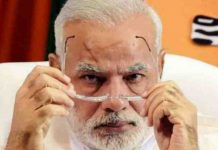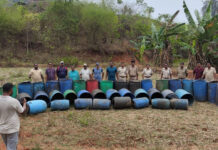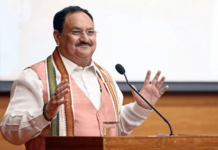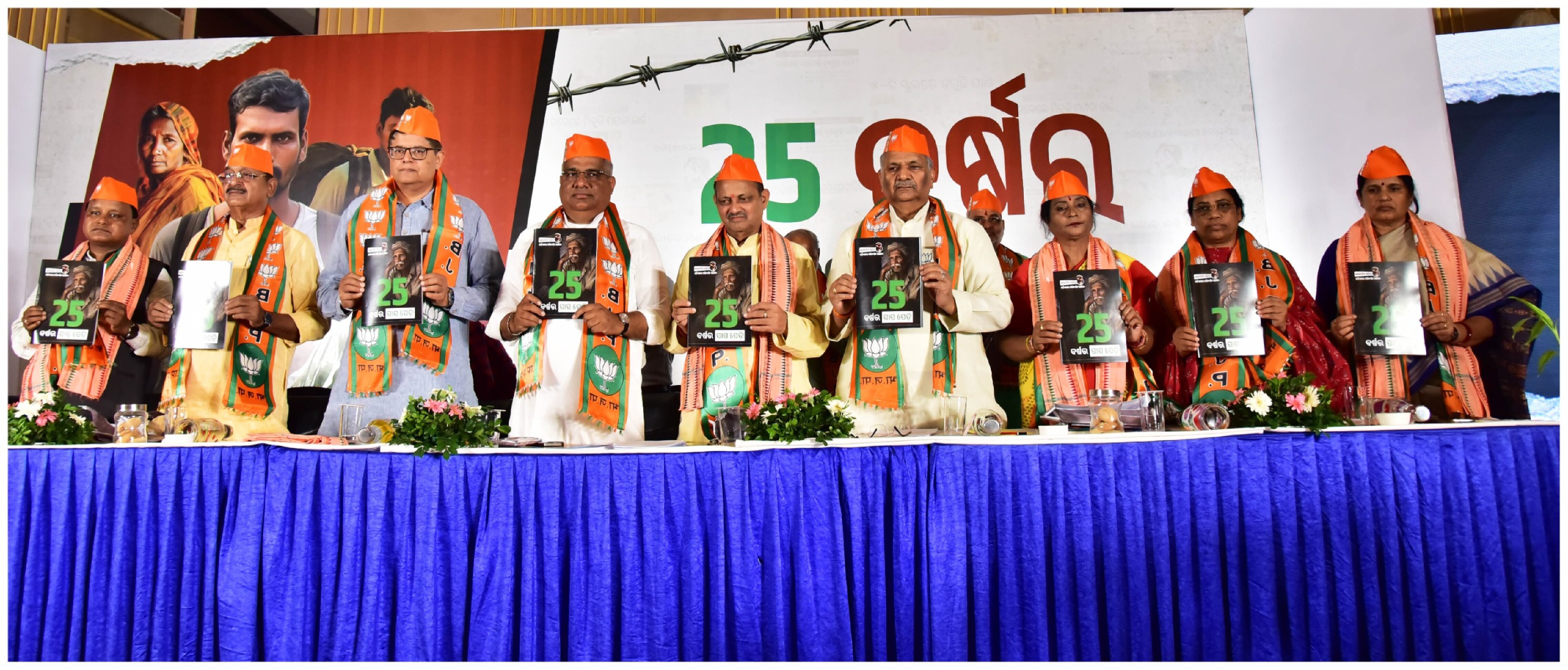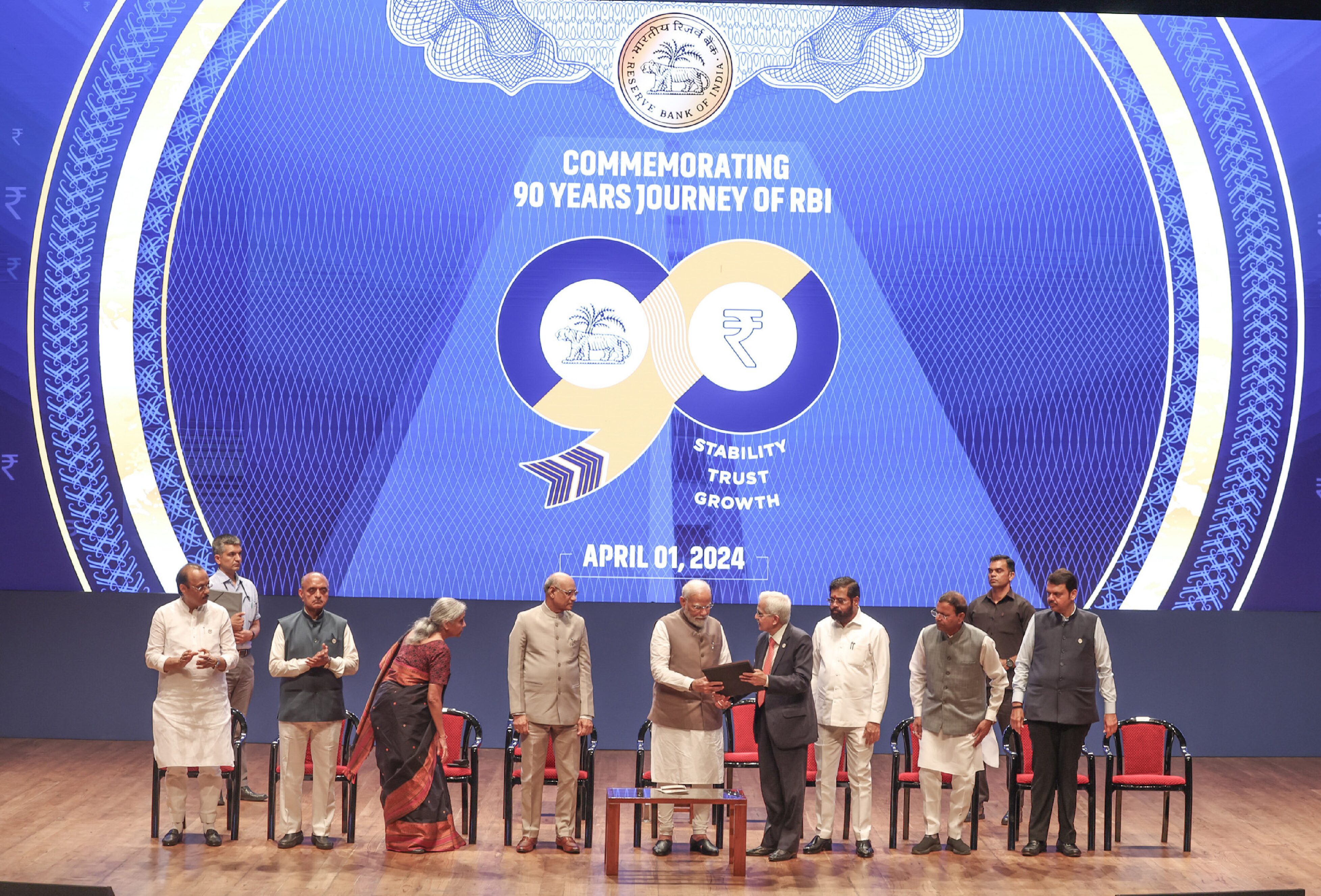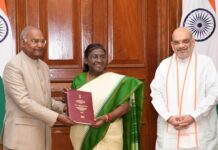At a time when opposition parties are targeting chief minister, Naveen Patnaik and his government on a string of issues including controversies around the disappearance of children from different parts of the state he is focusing on the health of his people. He has done a lot to strengthen the health infrastructure of the state.
Odisha chief minister, Naveen Patnaik is always a step ahead of peers. He has proved this once again by making smart moves in the field of health care in the context of COVID 19 pandemic. As it is with COVID-19 pandemic wreaking havoc around the world healthcare now tops the agenda of every government. In India it was pushed to the forefront of NDA government’s planning in the immediate wake of the onslaught of the pandemic. Among the states Odisha was first off the blocks in making arrangements for strengthening its health infrastructure with establishment of special COVID hospitals and creation of health facilities right up to the Panchayat level.
Chief minister, Naveen Patnaik was the first to realize that there was a correlation between the health of the people and the economy. He understood much better than others that people with poor health were likely to be less productive economically. Hence investing in health was important as it not only improved the quality of people’s life but also their performance on the work front, thus ensuring greater economic returns and productivity.
Hence, he continues to invest on this front. His government’s latest decision to set up a medical college and hospital at Jajpur and a teaching hospital at Puri is proof of this. The government has set a 36-month deadline for the completion of these projects which will boost healthcare not only in the districts where these facilities will come up but also the entire state.
While the medical college and hospital will have 100 seats and 500 beds, the teaching hospital will have 650 beds. The move will also help improve medical education and cater to state’s need for qualified doctors. Once these hospitals come up the burden on the SCB Medical college and hospital, state’s premier medical institute in the government sector, will also get reduced significantly.
This move comes close on the heels of government’s decision to construct a 100-seated new state-run medical college and teaching hospital at Phulbani in Kandhamal district and a 650-bedded teaching hospital for the medical college at Koraput on turnkey basis. Both Kandhmal and Koraput are tribal dominated districts where healthcare facilities had never been satisfactory in the past. As a result, illiterate tribal people used to flock to quacks and witch-doctors for treatment.
Things in this tribal belt, however, changed significantly after the government led by chief minister, Naveen Patnaik came to power. Not only did health facilities at district, block and panchayat level improve significantly care was also taken to ensure that doctors attended hospitals and health centres regularly. Doctors and paramedics playing hooky were punished. Now with the decision to set up new hospitals things are set to improve further.
The chief minister is simultaneously focusing on preventive care with scaled up screening programmes and awareness drives. The pandemic has apparently made him re-evaluate healthcare service delivery and he remains determined to make it world class with the active participation of all stakeholders. Patnaik is perhaps the only chief minister of the country to have drawn lessons from the pandemic and used the experience for the benefit of his people by improving healthcare in the state.
As the battle against corona virus enters its final phase chief minister, Naveen Patnaik has already worked out his priorities to ensure that people of the state not only benefit the most from the much-awaited vaccination programme but their livelihood needs are also taken care of properly.
With a nationwide vaccination programme likely to start soon Patnaik had asked top officials to keep handy the necessary database for smooth conduct of the exercise in the state. Necessary logistical arrangements have also been made in this regard. The chief minister, who believes in the maxim ‘ well begun is half done, ’ has always been ahead of his counterparts in other parts of the country in these matters.
He was the first chief minister of the country to initiate comprehensive precautionary measures in Odisha weeks ahead of pandemic hitting the state. While officials were invested with special powers to deal with the situation state’s health infrastructure was strengthened sufficiently with country’s first exclusive COVID hospitals being set up in Odisha.
Thanks to these efforts the situation on the COVID-19 front is now well under control in the state with case graph showing a progressive downward trend. Death rate, too, has declined significantly. However, even as the chief minister gets the state ready for the vaccination programme likely to begin soon he has warned the people against any kind of complacency. In his last COVID-19 review meeting he asked people to strictly adhere to government’s guidelines even after the arrival of vaccines. He considers such precautions necessary because the vaccination programme even by the most optimistic estimates would take around one year’s time in order to successfully conquer the threat of the virus.
While sero-surveys continue in different parts of the state the chief minister has also emphasized the need for generating mass awareness about the vaccination programme. This is important because some people appear to have misgivings about the much awaited inoculation.
Patnaik is simultaneously paying attention to the livelihood needs of people, especially the poor people. He has warned banks that his government will take a serious view of their failure to make credit disbursements under different livelihood programmes launched to counter the impact of COVID-19 pandemic. As it is the state government has launched several livelihood programmes for farmers, members of Mission Shakti, MSME and others categories of people affected by the pandemic. Banks have been told to disburse adequate credit to the vulnerable groups to bail them out of the livelihood crisis triggered by COVID-19.
Hence the government considers it extremely important that banks make credit disbursements to these livelihood programs on time. It will not tolerate any laxity on this account. Chief minister, Naveen Patnaik has been successful in fighting the crisis triggered by the pandemic mainly because he had attached equal importance to the health and livelihood needs of the people. Since they are interrelated, he is right in taking care of both. It is significant to note that he has been able to do all this despite a string of controversies, including the murder of a five-year-old girl in Nayagarh taking a toll on his time.







